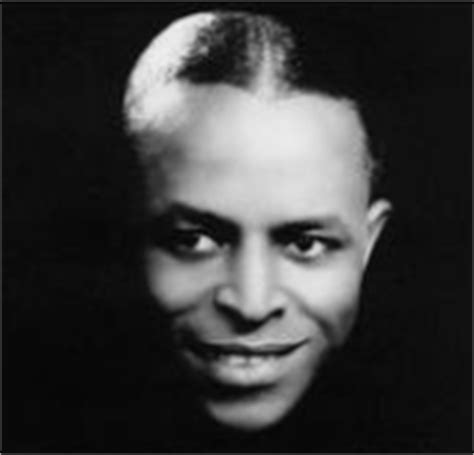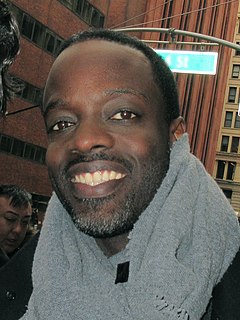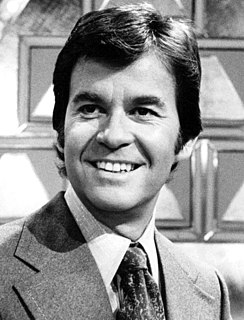A Quote by Melvyn Bragg
In music, the Specials brought a city, Coventry, bombed out for a second time and riven with racism, to a celebration between black and white musicians and their music.
Related Quotes
New Orleans had a great tradition of celebration. Opera, military marching bands, folk music, the blues, different types of church music, ragtime, echoes of traditional African drumming, and all of the dance styles that went with this music could be heard and seen throughout the city. When all of these kinds of music blended into one, jazz was born.
For me, let's keep jazz as folk music. Let's not make jazz classical music. Let's keep it as street music, as people's everyday-life music. Let's see jazz musicians continue to use the materials, the tools, the spirit of the actual time that they're living in, as what they build their lives as musicians around.
I see racism as institutional: the rules are different for me because I'm black. It's not necessarily someone's specific attitude against me; it's just the fact that I, as a black man, have a much harder time making an art-house movie and getting it released than a white person does about their very white point of view. That's racism.
White artists have made millions of dollars off music they stole from black artists. I don't blame all the white artists. I'm a huge Stevie Ray Vaughn fan, and he was always very gracious about where he learned his music. But a lot of the time, you'd think the white guys thought it up. Hey, hasn't anyone heard of Muddy Waters?
I feel like there's not this black-and-white division between concert hall music and music that bands play in a bar. I don't know if this was ever truly the case, but I don't feel that I need to decide between playing for a sit-down, totally silent audience and playing for a bunch of noisy, drunk people in a bar. What I do with the group is somewhere in between.

































